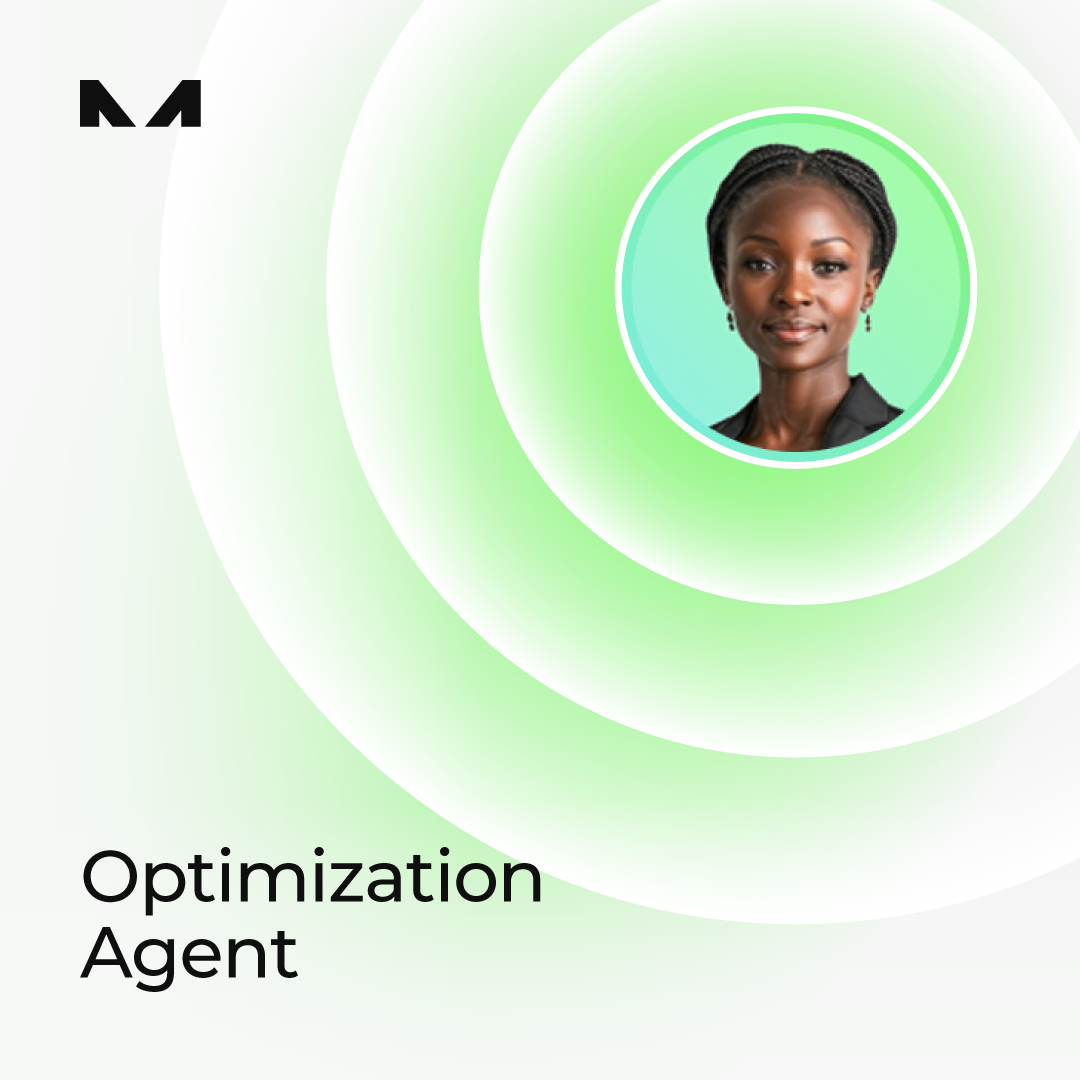From MAD//Men to AI Teams: The Dawn of Advertising's New Golden Age
Introduction
In a thought-provoking fireside chat at MAD//Fest, Salvatore Internullo, Chief Growth Officer at MINT, and Rio Longacre, Managing Director of Advertising and Digital Transformation at Slalom, explored the dramatic evolution of the advertising industry from the Mad Men era to the age of AI-powered teams.
The Transformation: From Intuition to Intelligence
Salvatore Internullo opened the conversation by highlighting the industry's journey:
"Back in the days, our industry was driven by creativity, intuition, and charisma. Fast forward to today, and we find ourselves in a landscape dominated by data, technology, and, of course, AI."
This stark contrast set the stage for examining how the advertising world has been revolutionized.
Rio Longacre expanded on this transformation, stating, "Advertising has evolved from the Mad Men era into the heavily technology-based discipline it is today."
This shift from the smoky boardrooms of the 60s to today's data-driven war rooms marks a new chapter in advertising history.

AI: The $107.5 Billion Game-Changer
The scale of this transformation is evident in the numbers Internullo shared.
The global market revenue for AI in marketing is projected to grow by 31% this year, reaching an astounding $107.5 billion by 2028.
This exponential growth underscores how integral AI has become to the industry that once relied primarily on human creativity and gut instinct.
Rio Longacre of Slalom expressed optimism about this trend, stating, "We are lucky to be part of this revolution."
He highlighted how advertising has evolved from the Mad Men era into a technology-driven discipline, with digital advertising set to represent 70% of advertising revenues this year.
This shift has expanded the industry, welcoming digital platforms, AdTech companies, MarTech vendors, and systems integrators like Slalom.
Beyond Slogans: AI's Multifaceted Impact on Advertising Operations
While the Mad Men era glorified the power of the perfect slogan, today's AI-driven landscape offers much more.
Internullo revealed that 92% of marketers believe AI can improve efficiency in existing processes, while 82% see it boosting productivity and output.
Surprisingly, creativity - once the cornerstone of advertising - ranked only third among preferred use cases for AI.

Longacre also highlighted how AI has transformed the creative process itself.
Unlike the Mad Men who relied on flash insights and long lunches, today's AI tools enable the creation of highly personalized and engaging content at scale, saving time and resources.
However, he stressed that this doesn't spell the end for human creativity but rather augments it, creating a powerful synergy between human ingenuity and machine efficiency.
From Guesswork to Data-Driven Decisions
The conversation further illuminated how AI is reshaping areas that were once dominated by educated guesswork.
Internullo pointed out that a striking 73% of marketers consider campaign budgeting and management as the next big area for AI implementation in the coming 12-18 months.
Additionally, 53% have already used predictive AI in the last six months, while 32% are leveraging AI to enrich first-party data and optimization capabilities in preparation for the cookie-less future.
Longacre emphasized how AI's ability to handle vast amounts of data and optimize cross-channel media buying is transforming the industry.
"The data-driven approach is no longer a future concept; it's our present reality," he stated, highlighting the shift from the Mad Men's reliance on limited market research to today's real-time, AI-powered insights.
Navigating the AI Integration Challenge: Towards a Unified Approach
The final part of the discussion focused on the challenges of this new era.
Internullo highlighted that today's advertising professionals grapple with over 14,000 tools and platforms - a stark contrast to the simple rolodexes and martini lunches of the Mad Men days.
The key challenge now lies in effective AI integration and tech stack consolidation.
Longacre stressed the importance of breaking down silos and ensuring cross-team collaboration to leverage AI effectively.
He also emphasized the critical role of data foundation in AI implementation, praising MINT's solution for providing a single source of truth for paid media data and insights.
Conclusions
The discussion concluded with Internullo and Longacre offering key takeaways for infusing AI into daily advertising operations.

- Embrace AI as an Enabler: View AI as a powerful tool that can enhance, rather than replace, human creativity. Use AI and automation to handle manual tasks, data processing and campaign optimizations, allowing creative teams to focus on developing compelling narratives and innovative ideas.
- Foster Cross-Team Collaboration: Encourage cooperation between data teams and creative teams. By working together on the same tools, they can leverage data-driven insights to create more impactful and resonant campaigns.
- Leverage AI beyond Creative Tasks: As AI becomes more integrated into advertising, it’s essential to fully leverage its potential.
As the industry moves forward, both experts agreed that the focus will be on leveraging AI to support all aspects of advertising, ushering in a new golden age where AI and human ingenuity work hand in hand.



%20MINT_642%20App%20Announcement.png)